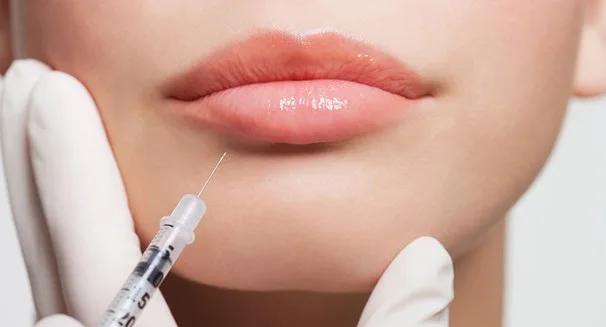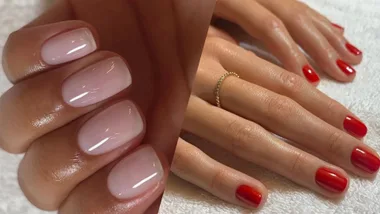Botox. It’s the ultimate anti-ageing quick fix (albeit a painful one, especially if you have an aversion to needles). But before you start scheduling anti-wrinkle appointments for the unforeseeable future, you need to read this.
Although rare, it turns out it is possible to develop resistance to Botox and other fillers – in the same way that the body can respond to antibiotics. You’re more likely to develop resistance if you use higher doses and over a long period of time.
RELATED: Scientists Have Found That Botox Fights Against Depression

“Over time, you can develop antibodies to the injections because of proteins in the [Botox] formulation,” Dr Joshua Zeichner, director of cosmetic and clinical research in dermatology at Mount Sinai Hospital, New York, told Allure.
Allergan, which manufactures Botox, has acknowledged that it’s “possible, albeit rare” to develop resistance to Botox, according to the Daily Mail, especially in patients who receive high doses. It’s thought that between 0.5 and three per cent of recipients don’t respond to treatment.
Now for the good(ish) news: Dr Zeichner tells Allure that resistance “can be overcome using higher doses, more frequent injections or switching to another brand.” Worth bearing in mind before you jump on the Botox bandwagon.










